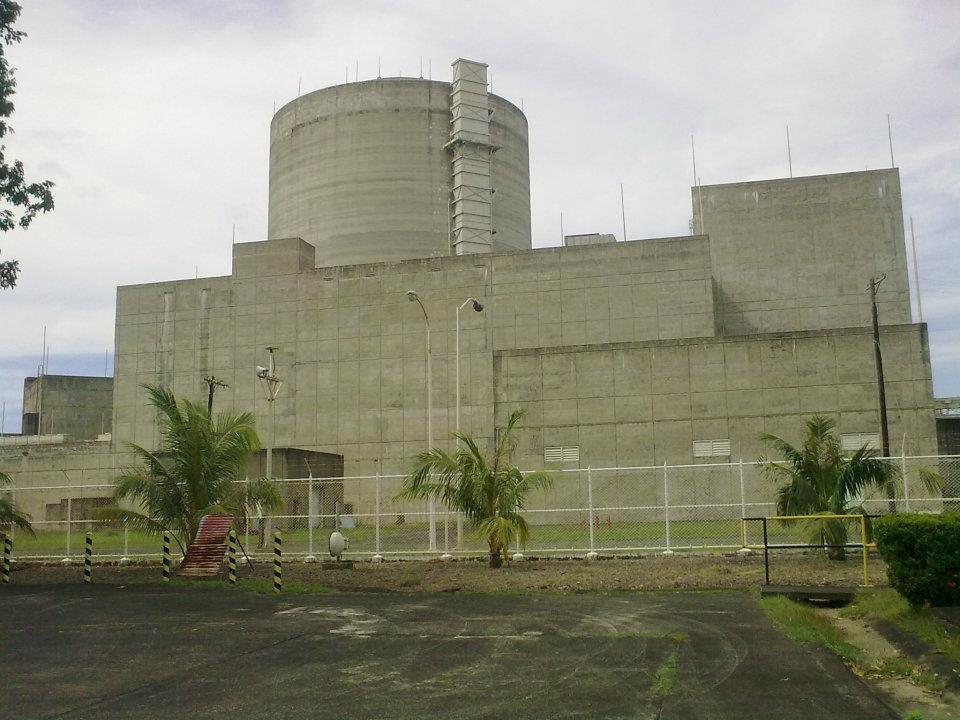Senate sees vibrant discussion on nuclear energy
- December 1, 2022
- 0

The Senate majority bloc
This follows the announcement of the launch of the 123 Agreement for negotiations for civil nuclear energy coo
In a report by the Philippin
The 123 agreement allows the US to export nuclear equipment and material to the Philippines to help the country achieve energy security and transition to clean energy.
For Villanueva, questions remain like whether the technology can be efficiently utilized in an archipelagic country like the Philippines and how could the country could afford nuclear power plants as “investments would cost billions of dollars.”
With that, Villanueva said that they are more open to exploring the use of modular types of nuclear power plants for the country, adding that modular reactors could prove to be an affordable option and is manageable in size and scale for the country.
The Philippine Nuclear Research Institute (PNRI), the country is open to nuclear power negotiations with other countries other than the US even after the 123 agreement.
“Before they (US) could export their nuclear expertise and technology, they have to seek clearance from the government. So this agreement is crucial since American companies could not export nuclear technologies and experts without this agreement,” PNRI director Carlo Arcilla said in a Laging Handa episode.
“[The 123 Agreement] does not lock us into the American negotiations only. We are also open to other countries. We should not set aside, however, America’s experience. There are 450 nuclear power plants in the world, and almost 100 are in the US,” Arcilla said.